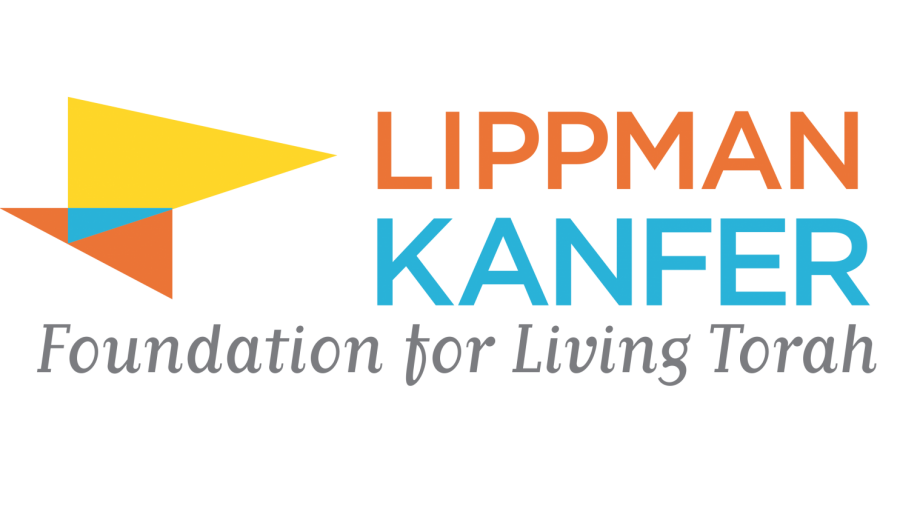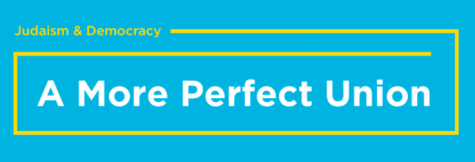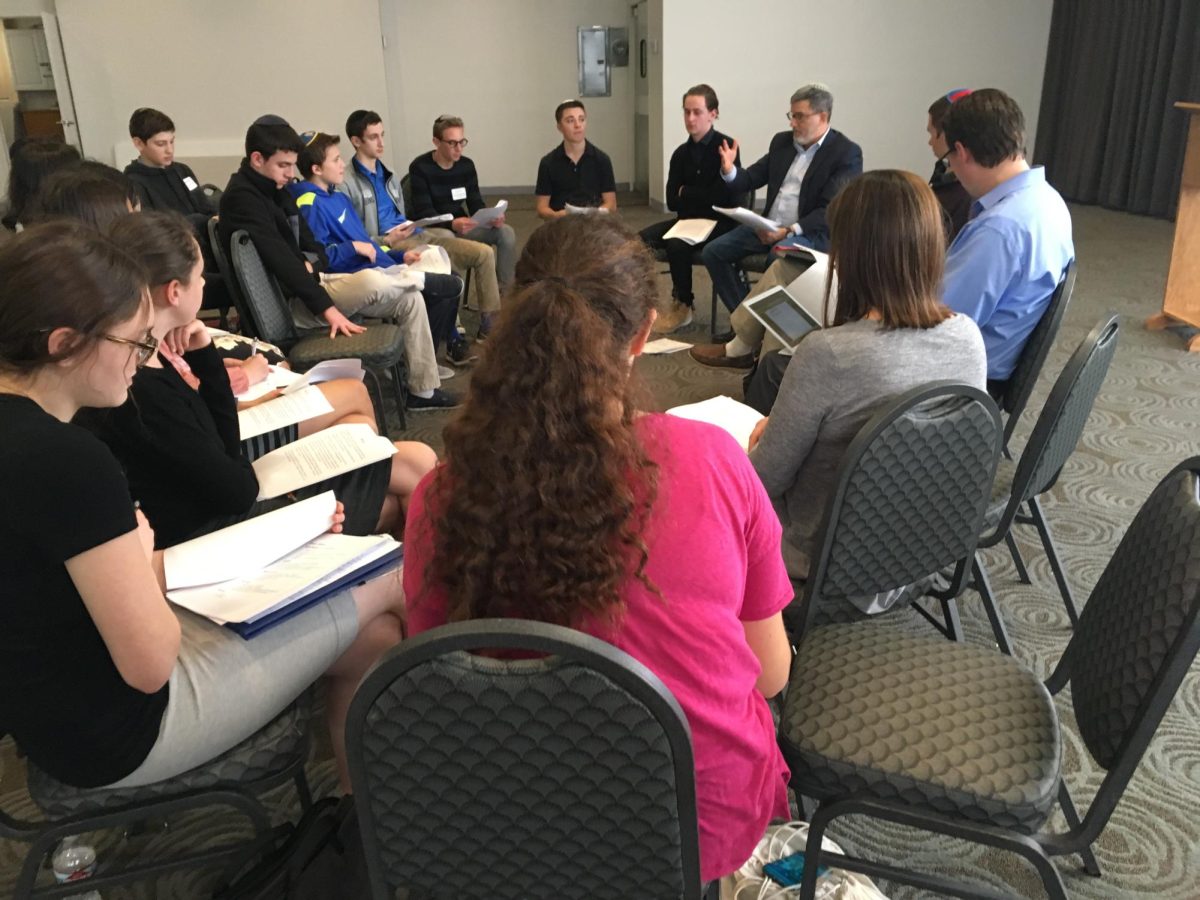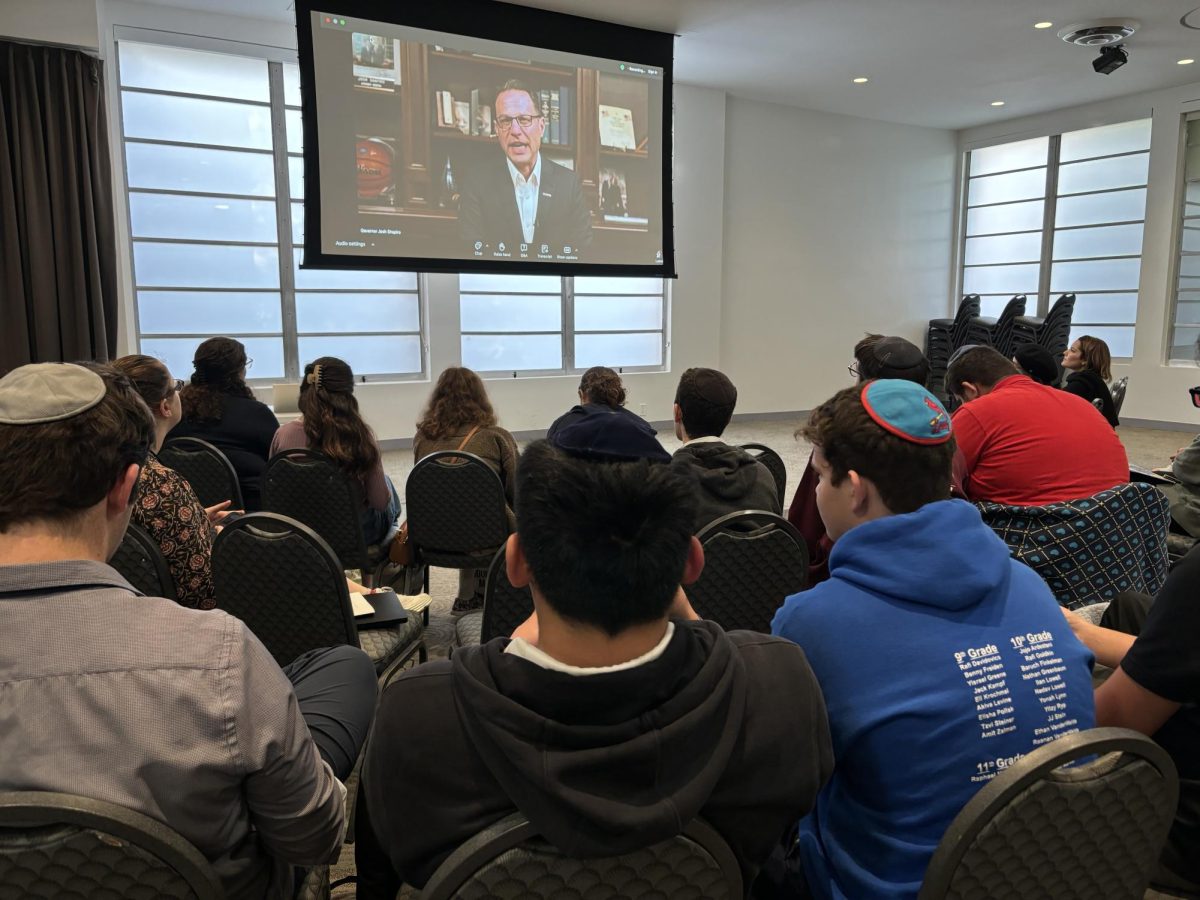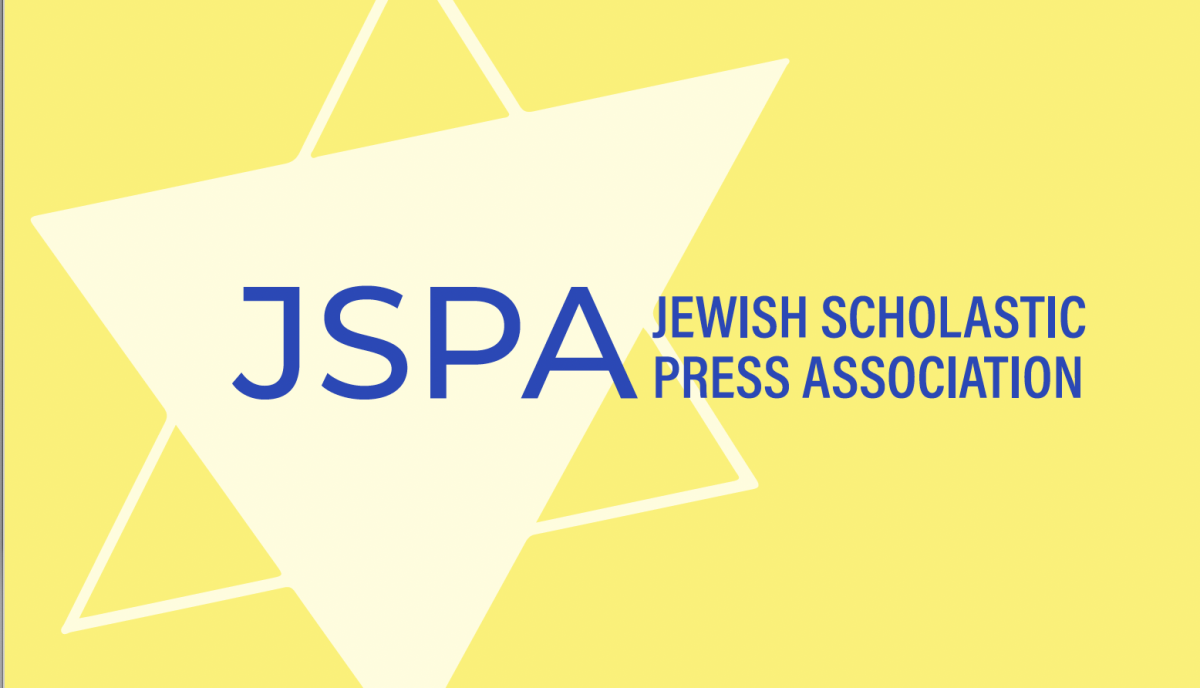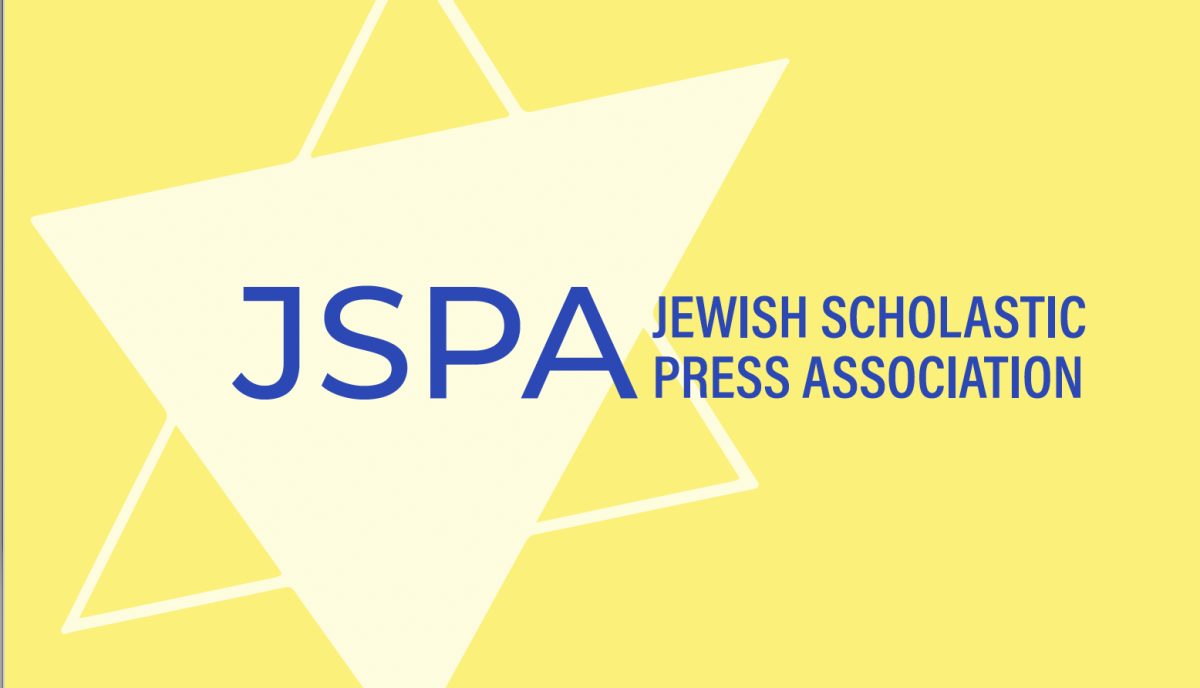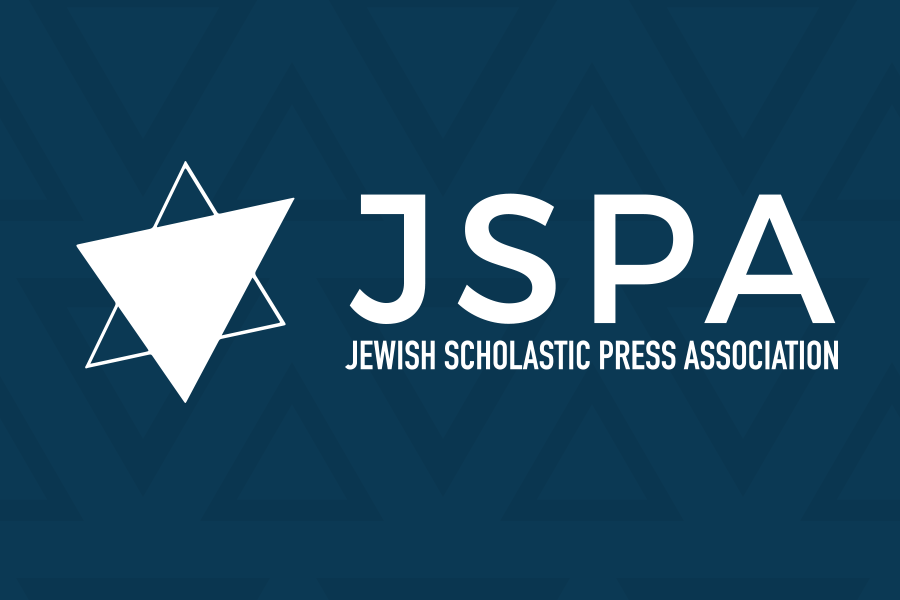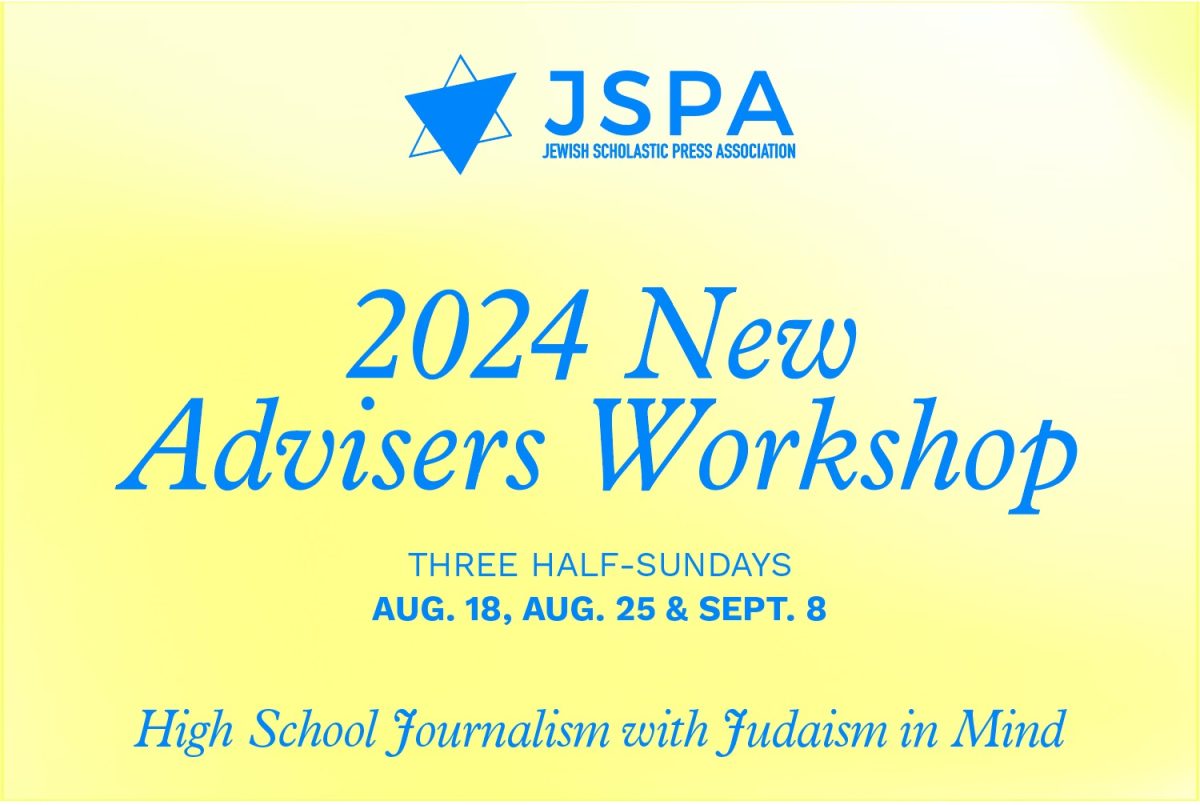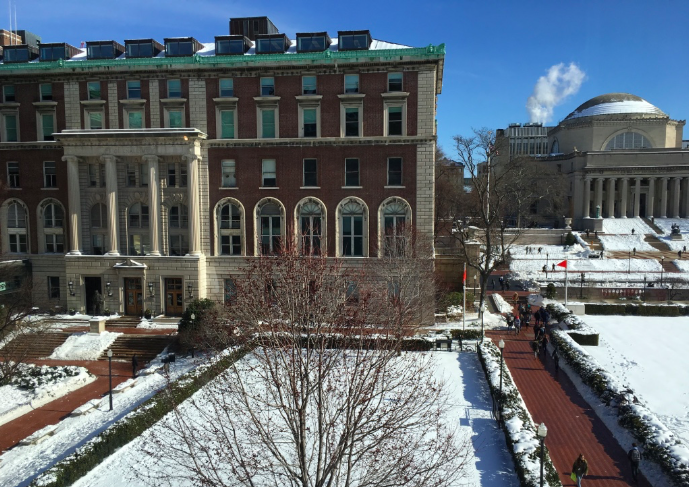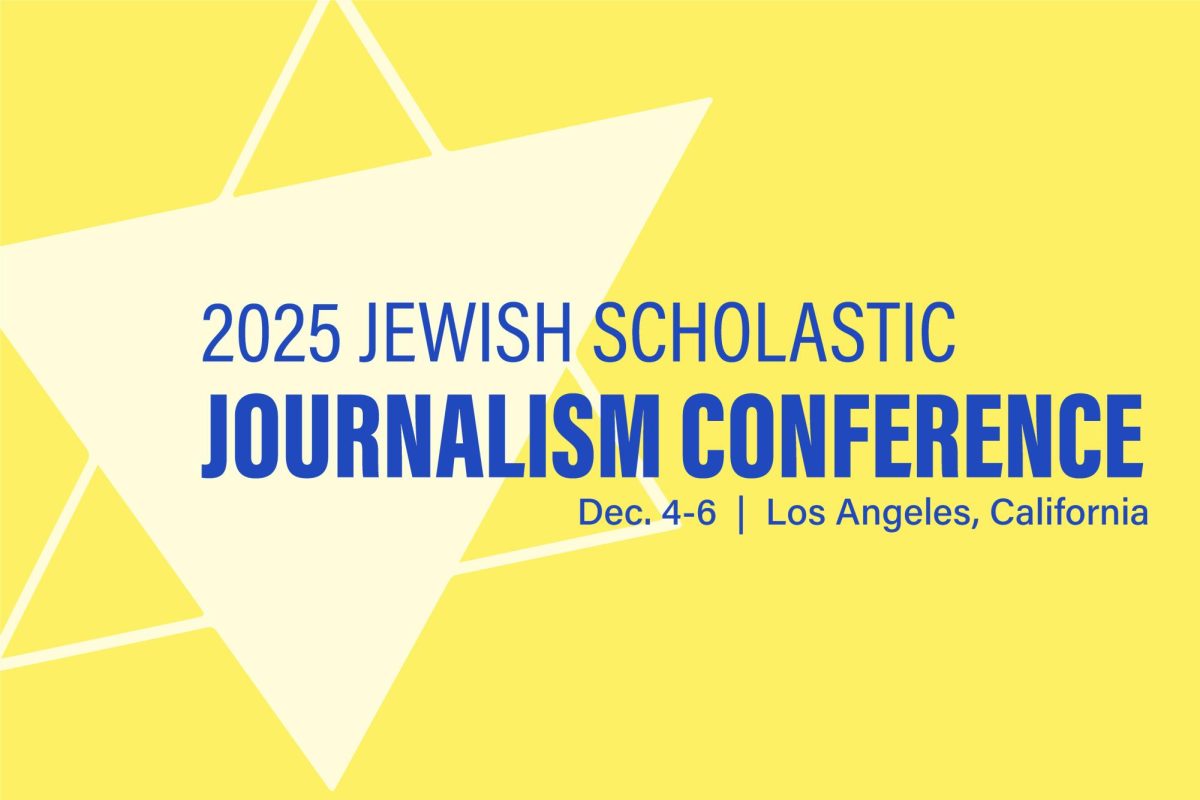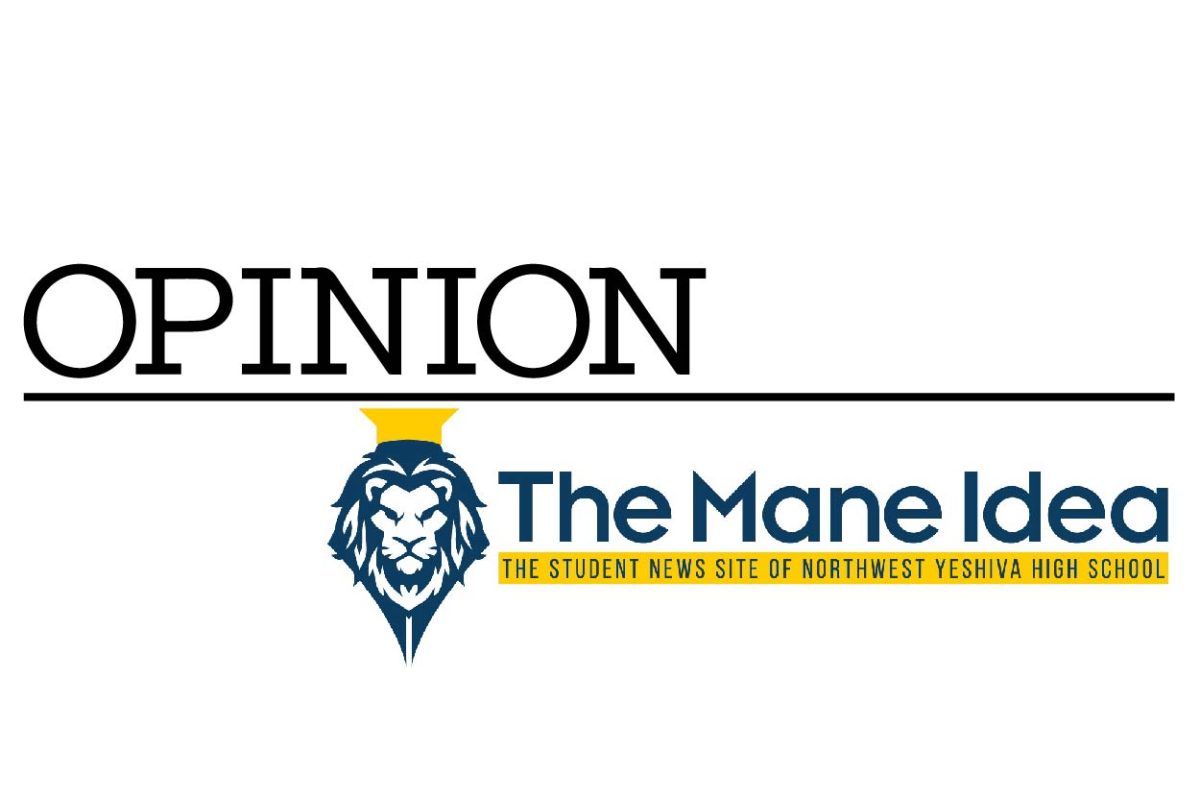The Lippman Kanfer Foundation for Living Torah has awarded JSPA one of 11 national “A More Perfect Union” grants, hoping to advance the goal of combining of Jewish thought with the practice of democracy by promoting journalism in Jewish high schools and beyond.
The two-year grant totals $90,000 and is designed to put the JSPA on a more secure financial and staff footing, while expanding its reach to many more students, advisers and schools. It was announced in May.
“We believe that a healthy and vibrant press functioning as the Fourth Estate is an essential ingredient of a healthy democracy,” said Aaron Dorfman, president of the New York-based foundation, in an interview. “So JSPA’s work in that space and promotion of thoughtful, ethical, effective journalism was very compelling.”
Lippman Kanfer’s grants, he said, are given to 20 to 25 organizations per year that demonstrate a commitment to promoting both civic engagement and Jewish values.
“[JSPA] is not only an institution and a program that is committed to democratic principles,” he said. “It’s also bringing to bear some of Judaism’s greatest wisdom around that issue, so really living around the intersection of vibrant democracy and rich Jewish learning.”
JSPA holds annual conferences for high school journalists and advisers, teaching journalism best practices as they interface with Jewish thought and biblical texts. Founded in 2013, it also sponsors the Jewish Scholastic Journalism Awards, and works with advisers throughout the year.
Students travel to Los Angeles for a three-day program of workshops, discussions and Shabbaton. Workshop topics range from basics like interview technique and libel law to journalism and Jewish ethics; covering one’s own community; covering Israel and Jewish subjects in college media; and using journalism to save lives.
Shabbatons have featured keynote speakers including Mitchell Landsberg, National and Foreign Editor of the Los Angeles Times; Gregory Zuckerman, award-winning columnist for the Wall Street Journal; Gary Rosenblatt, Pulitzer Prize-winning editor and publisher of the New York Jewish Week; and leading Jewish thinkers and educators such as Judea Pearl and Columbia University’s Ari Goldman.
Saturday afternoons are devoted to real-life journalism dilemmas from high school newsrooms, which students work together to resolve by looking at them through a Jewish ethical lens.
Hands-on student workshops (weekday) have been led by award-winning video journalist Michael Hernandez; leading copyright attorney David Nimmer; VICE Sports editor Eric Nusbaum; and Jennifer Medina, national correspondent for the New York Times.
JSPA President and Executive Director Joelle Keene said the grant would be used to get many more students and schools involved.
“My goal is to improve journalism everywhere with the benefit of Jewish thought, and to get Jewish high schools involved in this,” Keene said after the grant was announced.
“It’s important for Jewish students to not be deprived of any possible vehicle for intellectual growth, any possible skill for the development of insight, critical thinking, lucid writing or dilemma-resolving that’s offered to students in our democratic society today.”
JSPA’s motto is found in Vayikra (Leviticus) Chapter 19, verse 16. The verse, which is featured on JSPA’s mission page, states: “You shall not go up and down as a talebearer among thy peoples; neither shall you stand idly by the blood of your neighbor; I am the Lord.”
Prohibitions against spreading gossip and being a passive bystander are both pillars of Judaism, Mrs. Keene said — and they encourage truth, accountability, sensitivity and activism, which are paramount in journalism.
“We know that Judaism demands ethical behavior in every detail of our lives,” she said, “so it shouldn’t be a surprise that it would be relevant in journalism as in any sphere of activity.”
Dorfman said the centrality of Judaism in that mission was part of the reason Lippman Kanfer wanted to support JSPA.
“We’re in the business of accessing the Jewish wisdom tradition and all of its breadth and depth, and bringing it to bear as a source of guidance and inspiration to what we call ‘universal human questions,’” Mr. Dorfman said.
He said these questions include “how do I pursue justice, how can I be a good parent, how can I be a good citizen of this democracy?”
JSPA’s first use of the grant funds was to hold an online summer workshop for advisors, offering tools, guidance and best practices for approaching journalism in both a professional and Jewish way. Sessions covered such topics as how to develop a staff, how to localize world and national news, and what the Torah says that is directly relevant to high school journalistic practice.
It was attended via Zoom by advisers of both new and established programs, including high school journalism teachers in New York City, Los Angeles, Seattle, Memphis and Atlanta, and will be supplemented by further engagement during the coming school year.
COVID-19 cancelled this year’s JSPA conference for students, which was to have been held not in Los Angeles, but at Columbia University in New York, as part of the annual convention of the Columbia Scholastic Press Association (CSPA).
Similarly, the summer advisers session was originally envisioned in Los Angeles, but because of the pandemic became virtual. In addition to the group sessions, Keene also met individually with each advisor to consult on the needs of their individual schools.
Among the attendees was Joel Rojek, who advises Palette at Atlanta Jewish Academy.
“It helped me broaden my network of journalism educators, better understand the awards and contest opportunities available to high school students [and] provided some helpful advice for getting students started with best practices in news reporting,” Rojek said in an email interview. “It was a highlight of my summer for sure.”
Keene said because journalism programs are rare in Jewish high schools, attendees benefited from mutual support and brainstorming.
Also, teaching advisers extends JSPA’s impact, since each adviser reaches hundreds of students.
“When you hear that someone is struggling with something that you’re struggling with, it makes you feel better about the struggle,” she said.
The Lippman Kanfer award is the first major grant JSPA has received. Until now, it was supported entirely by student registrations for its conferences and contest, the Jewish Scholastic Journalism Awards, plus in-kind support from Shalhevet High School, where Mrs. Keene advises the nationally award-winning Boiling Point newspaper and website.
Foundation president Dorfman highlighted his hope that “many more Jewish high schools embrace the Boiling Point’s ethos and the role of a healthy student-run press as a part of the life of their institution, [and that] at the biggest level, the Jewish community as a whole more fully embraces the role of a healthy, vibrant press as a critical ingredient in healthy American Jewish life.”
Keene believes that’s easy to envision. She noted that there was a time when few Jewish high schools had basketball teams, she said, but now basketball is an integral part of Jewish high school culture.
“Imagine if every Jewish high school had a serious, ethically based news outlet,” Keene said. “We’d contribute to a generation, and that generation would contribute to the world.”
She said she plans to use some of the funding to incentivize schools to send students to JSPA’s conference.
“I am beyond grateful to Lippman Kanfer for recognizing the importance of news media at the high school level,” Keene said. “If we can add Jewish values, ethics and a Jewish compass to journalism training, we will have added something important to the future of journalism.”
